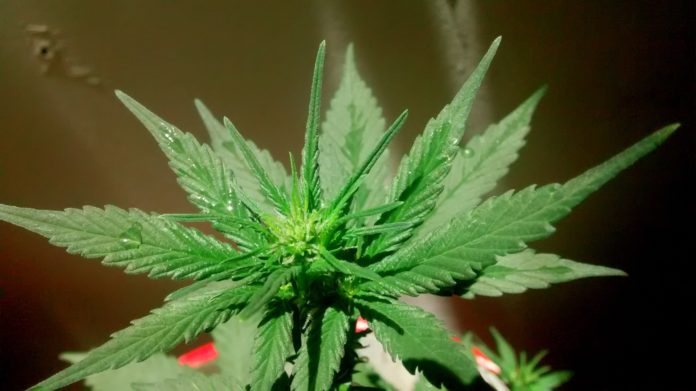The first shoots of a movement for the legalisation of marijuana appeared in Delhi when a bunch of young people assembled in Connuaght Place to press for its legalisation under the aegis of the Greater Legalisation Movement in India. A recent study interestingly suggests that contrary to long-held ideas, marijuana use—by either men or women—does not lower a couple’s chances of getting pregnant.
The study carried out by Boston University School of Public Health (BUSPH) researchers was published in the Journal of Epidemiology and Community Health. It is the first to evaluate the link between fecundability—the average per-cycle probability of conception–and marijuana use.
There are an estimated 20 million infertile couples in the country and marijuana use is a taboo here in India far more than in the United States.
In India though recreational marijuana has a long history – the best known marijuana afficionado in India is Lord Shiva. While his love for bhang is the stuff of religious lore, it is illegal to produce/manufacture/cultivate, possess, sell, purchase, transport, store, and/or consume any narcotic drug or psychotropic substance in India. That was not the case as late as 1985 when the Narcotic Drugs and Psychotropic Substances Act was passed.
In Pregnancy Study Online (PRESTO), a web-based prospective cohort study of North American couples, the researchers surveyed 4,194 women aged 21 to 45 living in the United States or Canada. The study specifically targeted women in stable relationships who were not using contraception or fertility treatment. Female participants were given the option to invite their male partners to participate; 1,125 of their male partners enrolled.
The researchers found that during the period from 2013 through 2017, approximately 12 percent of female participants and 14 percent of male participants reported marijuana use in the two months before completing the baseline survey. After 12 cycles of follow-up, conception probabilities were similar among couples that used marijuana and those that did not.
The researchers stressed that questions about the effects of marijuana use remain. As one example, they said, classifying people correctly according to the amount of marijuana used, especially when relying on self-reported data, is challenging. “Future studies with day-specific data on marijuana use might better be able to distinguish acute from chronic effects of marijuana use, and evaluate whether effects depend on other factors,” they wrote.
Cannabis use was so common in India in the 19th century that the British set up a Indian Hemp Drug Commission to examine the issue. The report finalised in 1894 and presented to the House of Commons concluded: “It has been clearly established that the occasional use or hemp in moderate doses may be beneficial; but this use may be regarded as medicinal in character. It is rather to the popular and common use of the drugs that the Commission will now confine their attention. It is convenient to consider the effects separately as affecting the physical, mental, or moral nature.”


